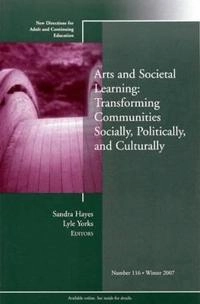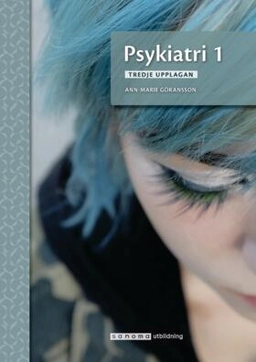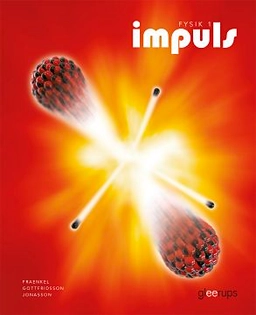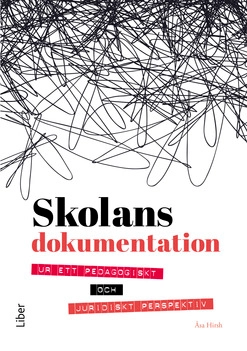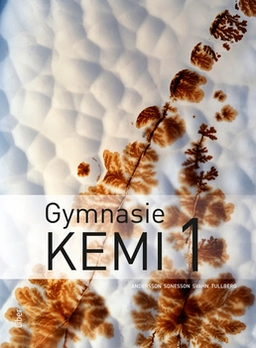The literature on adult education reflects a growing recognition of the role that the arts can play in facilitating adult and societal learning. This volume further explores that role. Much adult learning takes place in settings other than formal classrooms, and the contributors to this volume represent diverse educational arenas. In putting together this volume we deliberately approached contributors whose work is relevant to the theory and practice of adult education, regardless of their professional pedigree. Although all the contributors see adult and societal learning as an important aspect of their work, not all would define themselves as "professional adult educators." There is much to be learned by connecting the formal theories and practices of adult education to the work of these educators and activists. Some of the chapters are more analytical and other chapters are more expressive, but each includes a story of the author's personal experience integrating the arts with the theory underlying adult education practice. The final chapter pulls together the themes that emerge from these chapters, suggesting how they connect with and contribute to adult education theory. Taken in its entirety, the volume demonstrates the power of the arts for bridging boundaries, broadening perspective, and deepening understanding across disciplines. We hope that readers will find the experiences reported in this issue relevant and stimulating for their own practice. This is the 116th volume of the Jossey-Bass quarterly report series New Directions for Adult and Continuing Education, an indispensable series that explores issues of common interest to instructors, administrators, counselors, and policymakers in a broad range of adult and continuing education settings, such as colleges and universities, extension programs, businesses, libraries, and museums.
Åtkomstkoder och digitalt tilläggsmaterial garanteras inte med begagnade böcker
